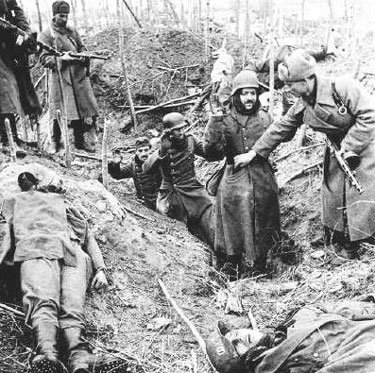In Russia, history isn’t a matter of facts and figures, but of propaganda, to be rewritten by the regime.
‘Where is Garry Kasparov?” asked many Russians recently, when they discovered that the famed chess player was missing from the new edition of a book celebrating the achievements of Russia’s largest athletic association, Spartak—of which Mr. Kasparov was a member. It turns out that an article about Mr. Kasparov had been removed at the last minute. The message was clear: No achievement can trump political loyalty, and for Mr. Kasparov, a harsh critic of the Kremlin, the doors to the Russian version of the sports hall of fame are currently closed.
Erasing dissidents from history was a standard practice of Soviet disinformation. I recall how one day in the mid-1970s at my university library in Elista, a small city between the Black and Caspian seas, I could not locate a book by a well-known Soviet literary critic, Efim Etkind. When I asked the librarian, she looked at me as if evaluating whether my question was a provocation or simply a result of naiveté. Concluding the latter, she sternly replied that the book was no longer available because the author was a dissident and had emigrated to Israel. The book’s title was “A Conversation About Poetry,” and it had nothing to do with politics.
I thought of this last week when the zealous authorities in Sverdlovsk Oblast ordered the books of two British military historians, Antony Beevor and John Keegan, taken from library shelves. These classic books about the battles of Stalingrad and Berlin reveal the Soviet generals’ disregard for casualties and soldiers’ mass rape of German women in 1945, taboo topics seen as undermining Russia’s glorious victory. The authorities insisted that the books present “a mistaken representation” of World War II and “Nazi propaganda stereotypes.”
 |
| IVAN VLAD |
The short-lived outburst of freedom after the collapse of the U.S.S.R. in 1991 was followed by a slow return to Soviet values. After assuming the presidency again in May 2012, Mr. Putin appointed as minister of culture Vladimir Medinsky, a man widely considered to be a crude propagandist and henchman. The appointment came as a shock to the Russian intelligentsia and marked a new aggressiveness by Mr. Putin toward reshaping the cultural and ideological landscape. Mr. Medinsky has regularly denounced regime critics as Russophobes, Russian liberals as national traitors, gays as products of Western decadence, and modern artists and writers as blasphemous.Read the rest of the story HERE.
If you like what you see, please "Like" us on Facebook either here or here. Please follow us on Twitter here.





No comments:
Post a Comment